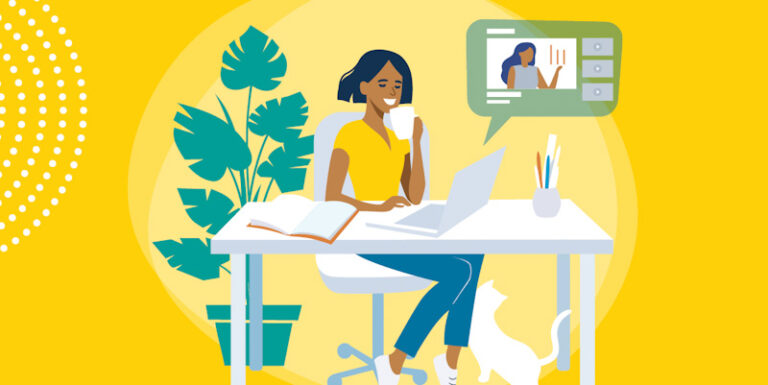In a world saturated with information and media, it’s more important than ever to sharpen your digital skills. Whether you’re a seasoned social media user or just dipping your toes into the online realm, media literacy courses can help you navigate this digital landscape with confidence and critical thinking. Join us as we explore how enhancing your digital savvy through these courses can empower you to be a more informed and discerning consumer of today’s vast array of media content.
Key Concepts and Skills Learned in Media Literacy Training
Media literacy courses are an essential skill for navigating the digital landscape of today’s world. With an abundance of information available at our fingertips, it is crucial to have the ability to critically analyze and evaluate media messages in order to make informed decisions and avoid falling prey to misinformation or propaganda.
In media literacy courses, individuals will learn key concepts and skills that are necessary for understanding and engaging with media content. These concepts include:
- Media Literacy: The overarching concept of media literacy refers to the ability to access, analyze, evaluate, and create media content. It involves understanding how different forms of media – such as television, social media, print news, etc. – shape our perceptions and beliefs about the world.
- Critical Thinking: Media literacy training emphasizes the development of critical thinking skills in order to question and challenge information presented by various sources. This includes being aware of biases, stereotypes, and hidden agendas that may be present in media messages.
- Source Evaluation: An important aspect of media literacy is learning how to evaluate the credibility and reliability of sources. In a world where anyone can publish information online, it is essential to be able to distinguish between credible sources and those that lack credibility.
- Digital Citizenship: Media literacy also teaches individuals about responsible digital citizenship – how we should act online as users and creators of content. This includes topics such as online privacy, cyberbullying, copyright laws, and digital etiquette.
- Media Literacy Tools: Through these courses, participants will also become familiar with various tools used for analyzing media content such as fact-checking websites like Snopes or Politifact or using reverse image search engines like TinEye.
The above-mentioned concepts are complemented by practical skills that are developed through hands-on activities during training sessions:
- Active Listening: Being an active listener means paying attention not only to what is being said but also how it is being said – both verbally and non-verbally. This is a crucial skill for analyzing media messages and understanding the intentions behind them.
- Visual Literacy: With the rise of visual media, it has become essential to develop visual literacy skills – the ability to interpret and analyze images, graphics, and videos – in order to better understand their intended effects on audiences.
- Media Production: Participants will also learn how to create media content using various tools like video editing software or graphic design programs. This allows individuals to gain firsthand experience in crafting messages that can be shared with others through different platforms.
By developing these key concepts and skills through media literacy training, individuals will enhance their digital savvy and be able to navigate the vast sea of information online with confidence and critical thinking abilities.
Conclusion: The Power of Being Digit
It is clear that the power of being digit in today’s world cannot be underestimated. With increasing reliance on technology and digital media for communication, information, and entertainment, it is crucial to enhance one’s digital savvy through media literacy courses.
Through these courses, individuals can gain a deeper understanding of how media and technology impact our daily lives. From learning about the creation and dissemination of media content to understanding the implications of online privacy and security, media literacy training provides valuable insights into navigating the digital landscape.





